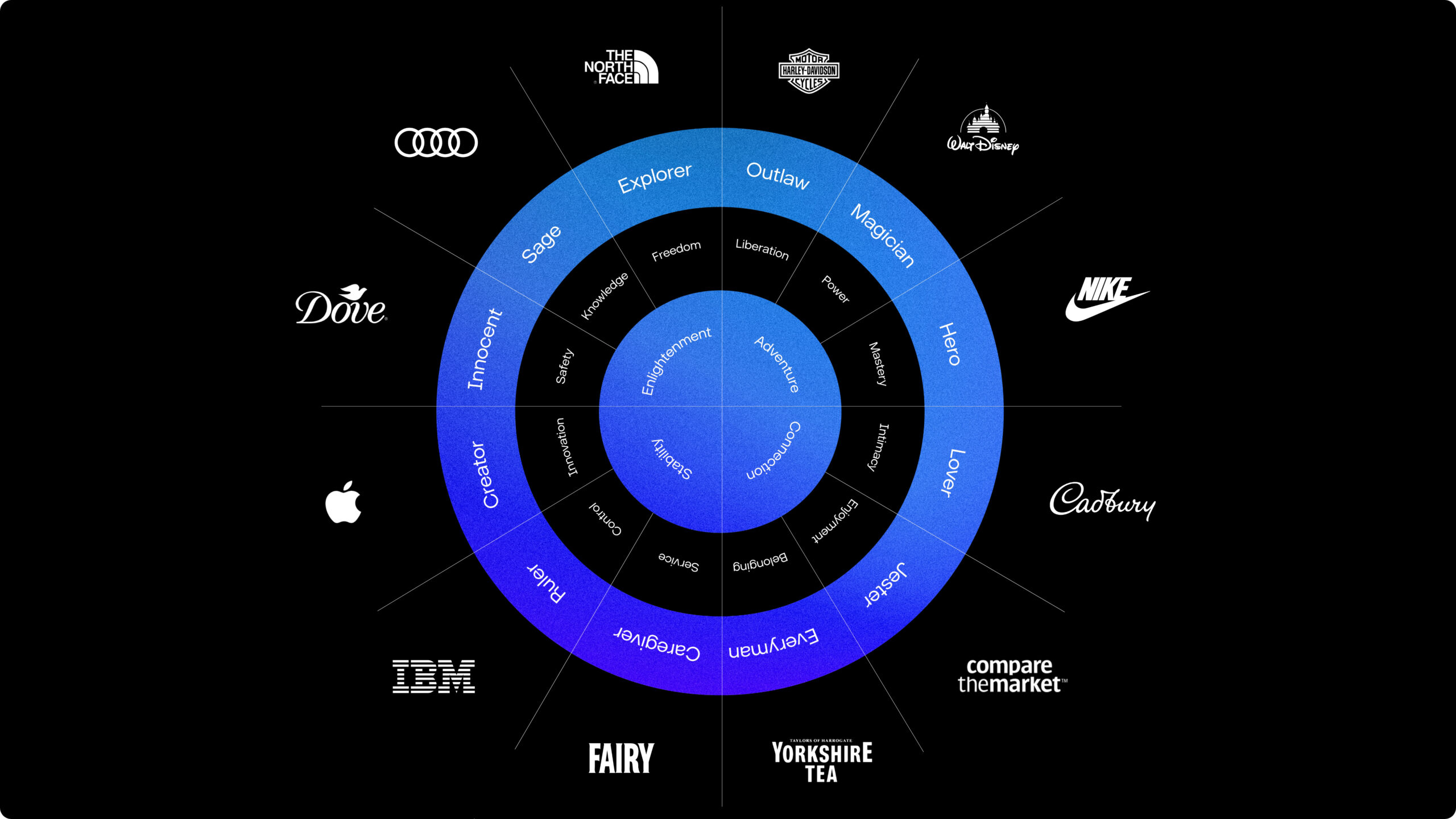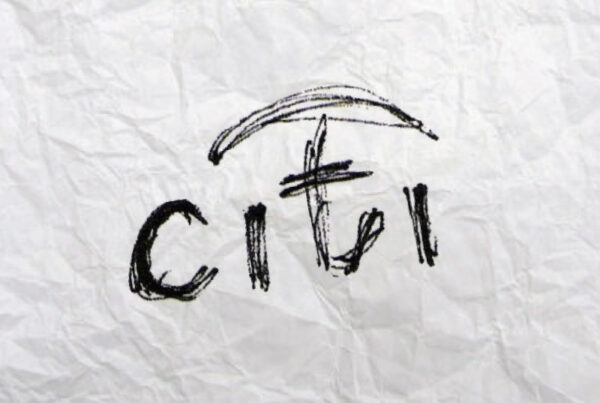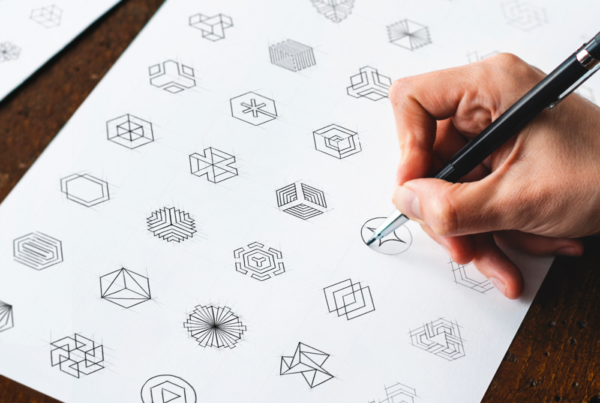Understanding Brand Archetypes
Author: Tom Ellis
Date: 29.10.23
Read time: 2-3 minutes

Brands need to connect with their audience in a deep and meaningful way in order to build authenticity, loyalty and trust. Brand archetypes provide a framework based on human psychology to help your company build a worthwhile and valuable relationship.
Brand Archetypes Explained
So, what on earth are brand archetypes? Strip away the buzzwords and nonsense. In simple terms, they’re a posh way of saying ‘brand personality’. Imagine them as characters in the grand cinema of the market. Each has its quirks, features, and characteristics that make consumers adore them, despise them, or remain completely indifferent.
A Brief Dip into Psychology
This is where things become slightly earnest. These archetypes aren’t plucked from a marketer’s late-night light bulb moment. They’re grounded in theory. Go back to Carl Jung and his trailblazing work on the collective unconscious. These are universal symbols and tales, ingrained in our minds, regardless of where we live.

Genuine Brands, Authentic Archetypes
Creator: Think innovative brilliance. Ever marvelled at Apple’s distinct designs? That’s a creator for you.
Ruler: The top dog. Brands such as Rolex ooze this stature.
Caregiver: That soothing cuppa on a challenging day. Brands like Johnson & Johnson radiate this caring essence.
Everyman: The mate everyone cherishes. Levi’s jeans? A quintessential everyman brand.
Jester: The one who can have you in stitches. Skittles, with its lively and cheeky adverts, encapsulates the Jester.
Lover: Heart-fluttering kind. Cadbury Dairy Milk? Romance with every morsel.
Hero: Battling the odds and still triumphing. Consider Nike and its “Just Do It” ethos.
Magician: Just a touch of enchantment and there you have it! Disney whisks us away each time.
Outlaw: The maverick, the game-shifter. Harley Davidson, the epitome of rebellion on wheels.
Explorer: Seeking adventure is their ethos. Don a North Face jacket, and you’re equipped for any journey.
Sage: Wisdom of the highest calibre. Ponder over the profound insights of National Geographic.
Innocent: Pure joy and brightness. Coca-Cola and its ethos of universal delight stands out here.

Why The North Face is More Than Just Outerwear
Now, here’s an example even I can’t scoff at. The North Face is synonymous with the Explorer archetype. They’re not merely peddling outdoor attire. They’re offering the aspiration of conquering Everest or wandering lush rainforests. Every thread in their jackets narrates sagas of voyages and untouched lands. With them, it’s not a mere purchase; it’s an immersion into a narrative of exploration.
The Archetype Wheel of (Mis)Fortune
Visualise a massive wheel. Slot each archetype into one of four segments. Give it a whirl. Where it lands isn’t your brand’s fate. No, because a brand might merge a few of these personas, forging something distinctive.
Why Brand Archetypes Deserve Your Attention
Emotional Resonance: They can resonate deeply with your audience, forging connections stronger than industrial adhesive.
Unified Branding: Say goodbye to split-personality brands. One voice, one style, consistently.
Engage, Not Yawn-Inducing: Use archetypes effectively, and you’ll captivate your clientele.
Differentiate or Perish: In this market? If you’re not distinctive, you’re irrelevant. Archetypes might be your saving grace.
Narrative Excellence: With a coherent archetype, your brand narrative isn’t a bore. It’s a BAFTA-worthy script.
In essence? When you remove the unnecessary layers, brand archetypes emerge as a formidable tool in your marketing kit. But remember: grasping them is just the beginning. Implementation is where the genuine magic (or calamity) unfolds.
More insights


© 2024 by Tom Ellis
Privacy policy
© 2024 by Tom Ellis


